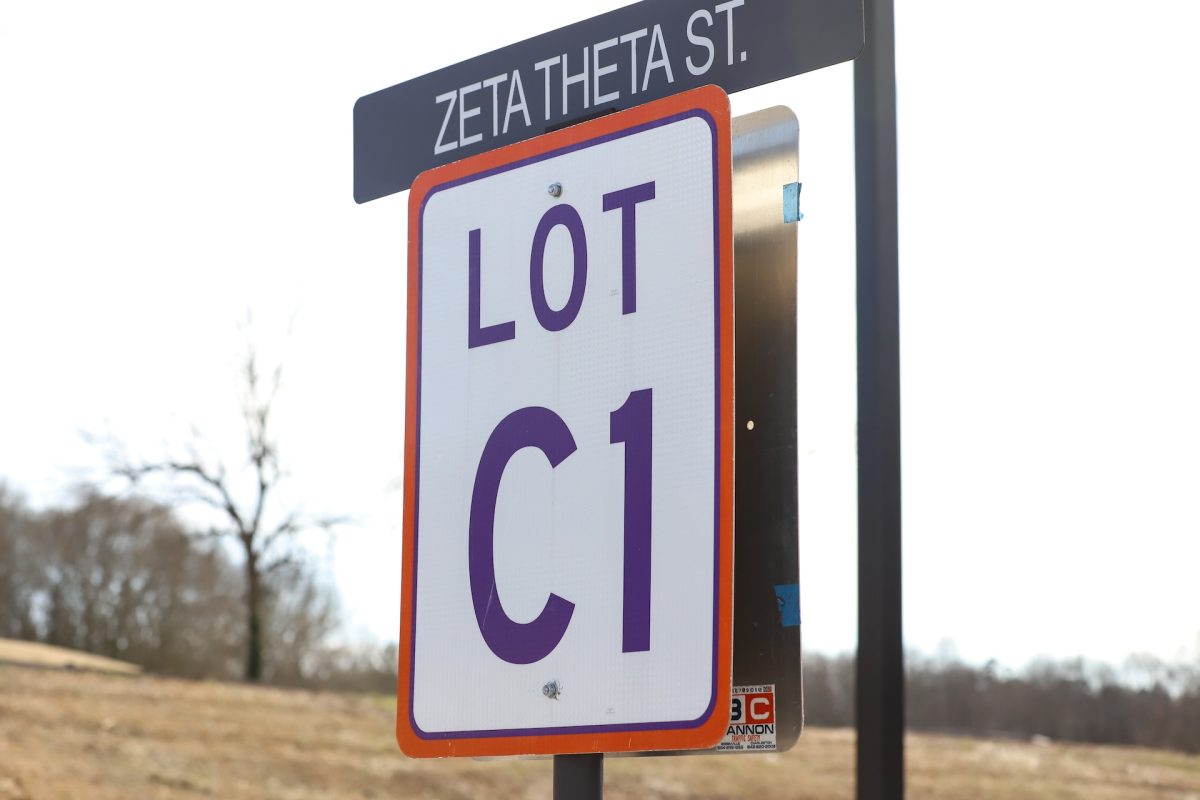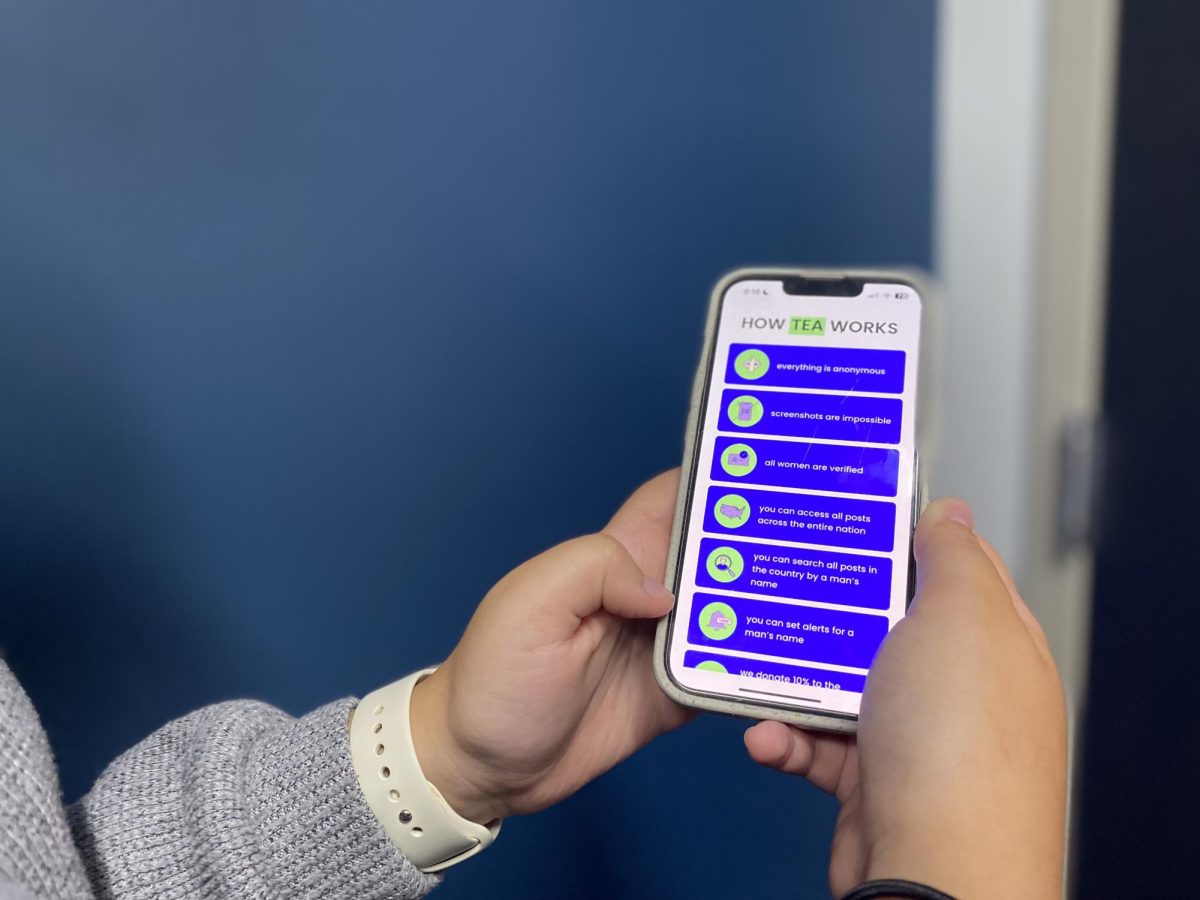Who on earth designed the modern American higher education system? Did they intend to make a boot camp for character-destruction or a genuine and delightful learning experience?
Most students are fresh from high school, where education was primarily: learning by rote, avoiding detention and goofing off in the bedroom at night (while parents were downstairs ranting about achieving higher grades).
Suddenly, the same students are set free at college. Perhaps too free? No detention, just some vaguely-worded admonition to attend every class. But no-one is chasing them at night. No parents are hanging over their shoulders. Teachers now call students “Mr.” and “Miss” and affably turn a blind eye to absences after Spring Break or a National Championship win.
For sure, this can be a lot of fun, but it also means that most students are learning a whole new structure and discipline of learning on the hoof: making arguments instead of just repeating facts, constructing essays and papers rather than completing endless multiple-choice quizzes and the worst demand of all: mastering the concept of speed-reading.
This would be bad enough on its own, but it seems as if every last instructor and professor went to a Special Education facility solely to learn how to overload students and give away as little as possible about what might be in exams.
We know where this can lead. We all know what emails that tell us to grieve for students who have died mean. Even leaving aside that terminal option, we all know the stress that overwhelms almost every one of us at some point during each semester.
For what and why do we allow this? Where is it written that teenagers and twenty-somethings are only of any value to society if they have to have a nervous breakdown to get a college degree?
Of course, one can receive assistance. One can claim a disability. One can even aim for less credits each semester – but only if one is prepared to accept less than the already pitifully meager student aid.
Why not instead make a conscious decision to make the whole process easier for students, with a more compassionate and more realistic education design? There are several, easy and feasible options to achieve this:
1) Allow any student the option to add a year to their degree. To make a two-year degree a three-year degree. A four-year degree, a five-year degree. With the extra year funded in the same manner as the remaining years (yes, there will be a tax burden, but it will be way less than totally free college tuition).
2) Drop the semester credit-hour requirement by the consequential percentage, without this affecting university and governmental student financial aid or federally-guaranteed loans. This should reduce the burden of classes and homework on students by about 25%. College should not be an exercise in character-building by ego-destruction: a process which runs the unacceptable risk of drop-out, depression and suicide.
3) Increase the amounts of federally-guaranteed loans available to students. Free college tuition may not be the answer. It could be argued that college education should not be treated as a right. Rather, it should be treated as a privilege that should not be paid for by the many people who have no desire to go to college but instead by folks contributing from the earnings that arguably flow from their college education.
4) Reduce the GPA level required for supplementary (beyond federal student aid and loans) government-funded scholarships, grants, awards, etc. Again, this isn’t boot camp. It’s a process to equip our society’s future.
The basis for any successful college is that its students be happy. Surely, the most important place to begin with ensuring that happiness is the very design of the education process itself? Couldn’t universities and governments best achieve this end by involving students in the designing?









